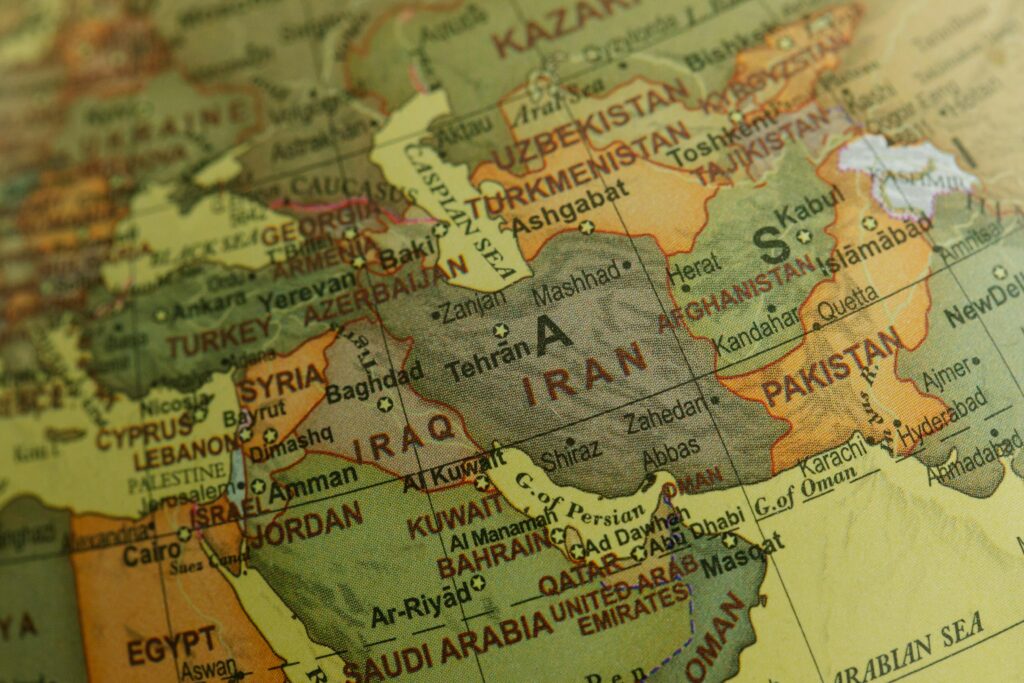In the realm of legal systems across the globe, few punishments evoke as much controversy and condemnation as stoning for adultery, particularly in Iran. This archaic form of punishment, deeply rooted in religious interpretations and cultural practices, stands as a stark reminder of the challenges women face in societies where patriarchal norms dictate justice.
Understanding Stoning: A Historical Perspective
Stoning, also known as lapidation, has ancient origins, documented in various historical texts and religious scriptures. In Iran, its application is primarily based on interpretations of Sharia law, which governs personal status matters for Muslims. While officially abolished for certain offenses in many countries, including Iran, the specter of stoning still looms large, particularly concerning cases of adultery.
The process typically involves burying a convicted person up to their chest (if male) or neck (if female) and pelting them with stones until death ensues. This brutal ritual not only inflicts physical agony but also serves as a public spectacle, intended to deter others from committing similar acts.
Gender Bias and Legal Inequity
Critics argue that stoning disproportionately affects women, reflecting broader gender disparities within Iranian society. The criteria for proving adultery often hinge on unequal standards of evidence and societal perceptions of morality. Women, due to entrenched biases, face harsher scrutiny and punishment, perpetuating systemic injustices under the guise of religious law.
Despite international outcry and legal reforms, stoning continues to be a legal punishment under certain interpretations of Sharia in Iran. Efforts by human rights organizations and activists have highlighted the inherent cruelty and gender bias of such practices, calling for their unequivocal abolition.
Global Outcry and Legal Reforms
The global community has consistently condemned stoning as a violation of human rights and dignity. International human rights bodies, including the United Nations, have called upon Iran and other nations practicing stoning to cease this inhumane practice and uphold their obligations under international law.
In recent years, Iran has faced pressure both domestically and internationally to reform its legal system regarding stoning. While official statistics are sparse due to the secretive nature of judicial proceedings, reports from human rights organizations suggest that stoning sentences have declined. However, sporadic cases still occur, illustrating the challenges of implementing meaningful reform in deeply entrenched legal and cultural frameworks.
Cultural Context and Societal Impact
Understanding stoning in Iran requires acknowledging its cultural and religious underpinnings. Supporters argue that it upholds moral standards and preserves societal norms, while critics assert that it perpetuates violence against women and stifles personal freedoms. The debate underscores the complex intersection of religion, culture, and law in shaping attitudes towards gender roles and justice.
The broader implications of stoning extend beyond legal discourse to encompass societal attitudes towards women’s rights and justice. As Iran grapples with internal pressures for reform and external scrutiny, the treatment of stoning remains a litmus test for its commitment to human rights and gender equality.
Conclusion
Stoning for adultery in Iran represents a profound human rights challenge, reflecting deep-seated gender biases and legal inequalities. While efforts towards reform have shown some progress, the persistence of stoning as a legal punishment underscores the ongoing struggle for justice and gender equality in Iran and beyond. The global community’s condemnation and advocacy remain crucial in pressing for meaningful change, ensuring that no individual faces such a barbaric punishment in the name of justice.









